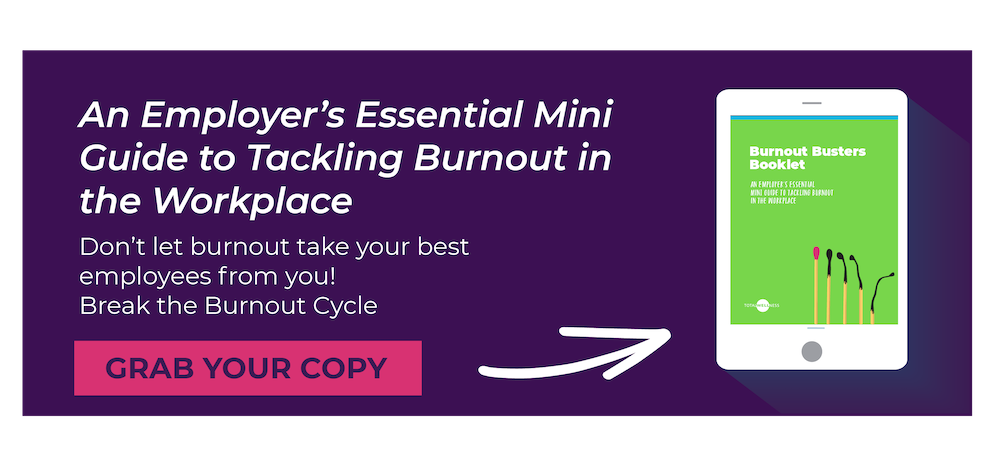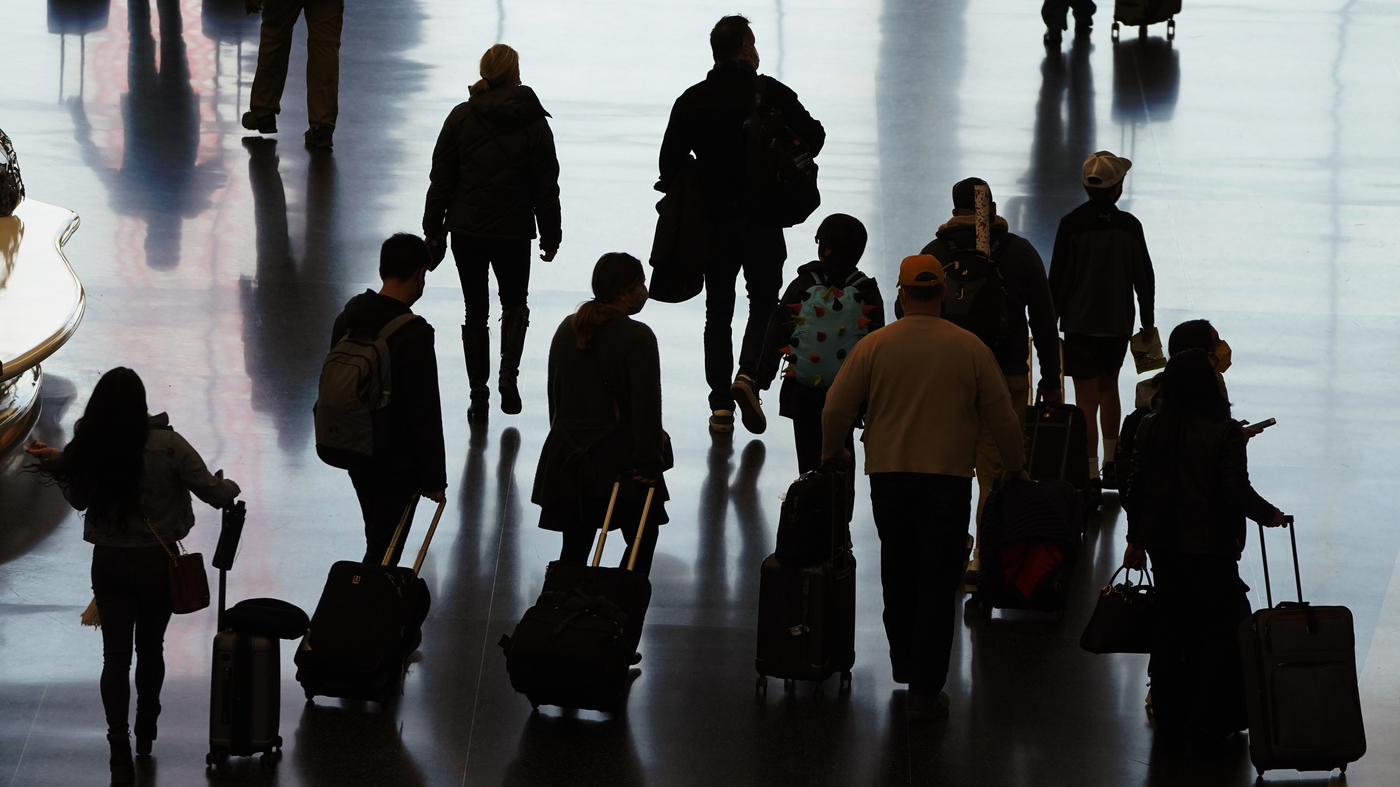Is it time to cut back on caffeine?
A good cup of coffee is a great way to start the day. Or, if you prefer caffeinated waters, bars, mints, gums, etc. you know how it feels to have just a bit more pep in your step.
Within five minutes, you can be energized. Amazing, isn’t it?
There are some health conditions that can arise from too much caffeine throughout the day, though. Mayo Clinic states that up to 400 milligrams daily appears to be safe. But if you have health issues like anxiety or heart conditions, it may be time to closely consider how it impacts you.
Here’s a look at five reasons you may want to reduce your caffeine intake sooner rather than later.
1. You Feel Anxious — A Lot
If you already struggle with anxiety, caffeine — a stimulant — can increase feelings of anxiety. Due to its powerful ability to stimulate the nervous system and brain, caffeine can create similar anxious feelings like headaches, sweating, nervousness, and heart palpitations.
Try This: If you are sensitive to caffeine and often feel jittery after drinking it, journal your caffeine intake for a week. Note how it feels and then eliminate it the following week to see how it impacts your anxiety.
2. You Have High Blood Pressure
Dealing with high blood pressure? It’s time to consider a cutback on caffeine. Those with high blood pressure could double their risk of dying from a heart attack, new research finds. That is, those who drink two-plus cups of coffee a day also increase their risk of stroke or other cardiovascular disease deaths as well.
Try This: Good news! The research indicated that a single cup of coffee or switching to green tea didn’t have the same impact. Try cutting back or switching to tea.
3. You Have Digestive Issues
If you’ve ever had a cup of coffee and then immediately needed to head to the bathroom afterward, you know how powerful a diuretic can be. Too much time in the bathroom can cause serious dehydration, though. If you intake caffeine all day long — exceeding 600 mg daily — you may experience stomach issues. Caffeine may also impact issues like acid reflux by making it worse.
Try This: Think about switching to tea if you still need a caffeine fix. One study found some teas can potentially help diversify your gut bacteria, which can improve overall gut health.
4. Your Bloodwork Shows Nutrient Deficiencies
Thanks to caffeine’s ability to encourage muscle contractions in the GI system, too much of it can eliminate vital nutrients and vitamins before your body can absorb them. Coffee seems to deplete vitamin C and vitamin D, both essential to wound healing, bone strength, and good health. Still need your coffee? Wait an hour after your caffeine intake to take supplements.
Try This: Consider creating a protein-based smoothie with energizing ginger and other fruits and veggies. Doing so will make you feel full longer without the crash you often get after consuming caffeine.
5. You Have Sleepless Nights
Caffeine does a great job of keeping the body awake. Unfortunately, sometimes it does too good of a job and interrupts sleep. If you’re dealing with regular sleepless nights, cutting back on caffeine may be in order. Caffeine consumption has been shown to also increase difficulty falling asleep and decreased total sleep time.
Try This: Caffeine stays in the body for an incredibly long time. It can take up to 10 hours for it to clear from your bloodstream, according to Cleveland Clinic. Consider cutting back your caffeine intake later in the day or consuming it much earlier — especially if you have an early bedtime.
Should I Cut Back on Caffeine?
If a cup of java is the only way to kickstart your morning, you may have a caffeine addiction. As long as it isn’t impacting your health in negative ways, you’re good!
Caffeine is okay in moderation, but when it exceeds 400 mg daily (the equivalent of four cups), it can cause health issues like aforementioned insomnia and anxiety.
Cutting back on caffeine may cause some withdrawals, but it shouldn’t take months. Cut back slowly — never stop cold turkey! — and it will be a better transition for your body and mind to have less caffeine consumption. Temporarily you may experience irritability, nausea, headaches, and tiredness that can last up to nine days.
If you’re struggling significantly with low energy levels without caffeine, consider consulting your doc to discuss other undiagnosed underlying health issues that may be impacting your energy.
Have you thought about cutting back on caffeine? Why or why not? Share your thoughts below!











